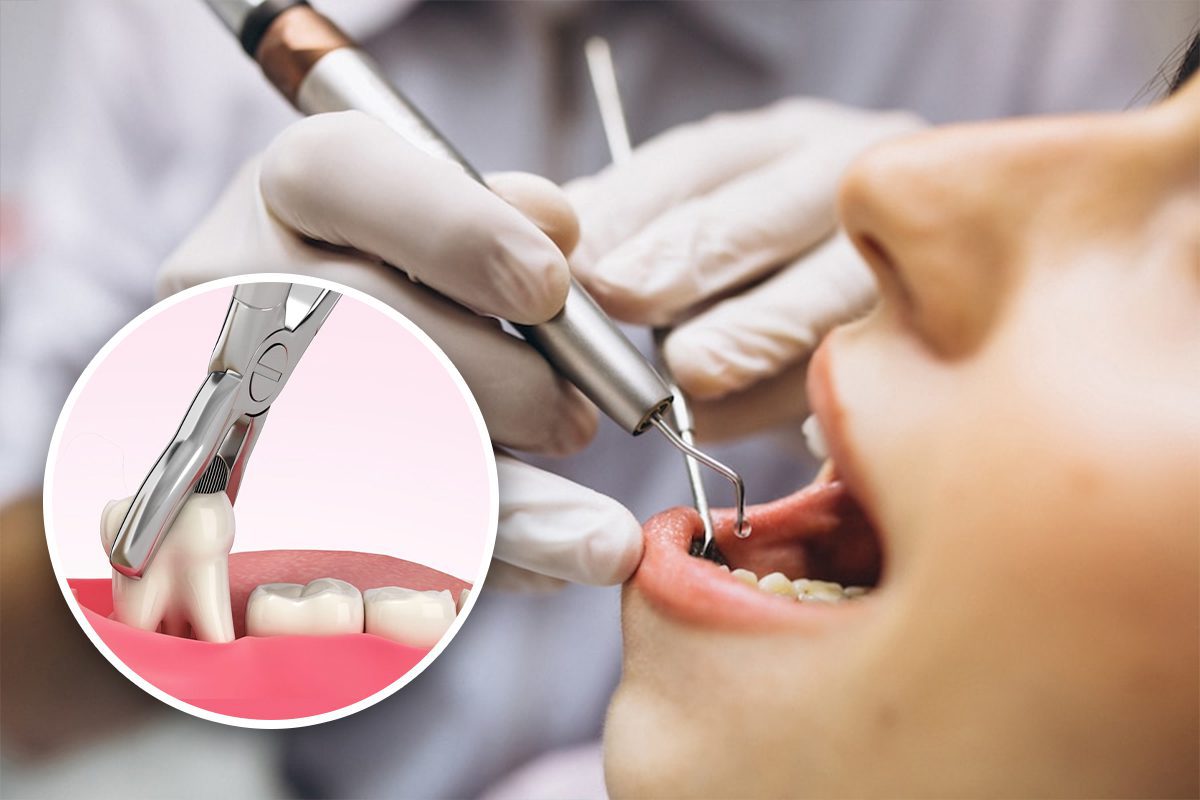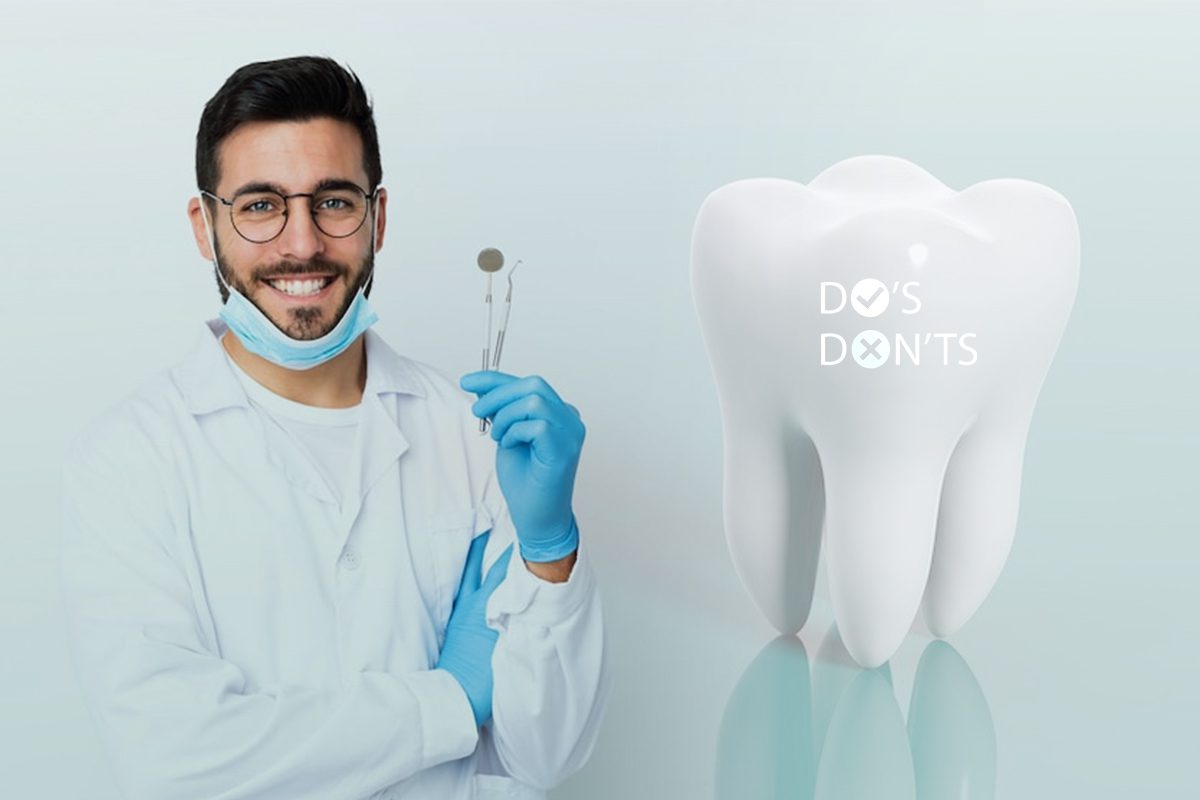Often, it’s pretty obvious when it’s time to call the dentist and schedule an appointment. A damaged tooth or severe tooth pain are just two problems requiring an urgent appointment with a dentist. However, other not-so-obvious signs require urgent attention. These should not be ignored because they could cause more serious issues.
If your gums or teeth are causing you discomfort or have suffered from a problem, the general health of your body could also be affected. Be aware of these seven dental issues and make an appointment to see your dentist in Antwerp when you notice any.
Why is Dental Health Important?
Good oral/dental health is key to overall good health. Poor dental health, such as gum disease or cavities, can cause problems with your ability to eat properly and pain. Many people don’t realize that poor dental health can have a devastating effect on areas other than the mouth. This includes heart, diabetes, pregnancy, and chronic inflammation such as arthritis.
Some studies show that bacteria found in gum disease may travel to your heart and can cause heart disease or clogged arteries. Periodontitis and preterm births are associated with low birth weight and premature births among pregnant women. Diabetes decreases the body’s resistance to infection, making it more susceptible to infection. This can adversely impact blood sugar.
It is important to practice good dental hygiene to prevent dental problems and oral diseases. Prevention should be your primary goal.
You Must Visit A Dentist if you face:
Tooth Pain
Despite fighting off the infection, the underlying causes remain. Some people may opt to wait a few days before visiting their dentist if they have tooth pain, even though the pain usually goes away after a few days. You need to see your dentist even if the pain goes away after a few days.
Contact your dentist right away if you experience severe tooth pain or throbbing. You may feel pain if food particles are trapped between the teeth or gums, if your tooth is infected close to the root (tooth abscess), or suffering from advanced staged gingivitis (gum disease).
Bad breath
It’s embarrassing to have bad breath (also called halitosis). It’s caused by various dental conditions, according to dental experts. Halos are caused by cavity-causing bacteria, gum problems, and dry mouth. Mouthwash merely masks the foul odor, not treating its source. A dentist can provide effective treatment if you persistently face the problem of bad breath.
Bleeding Gums
Having healthy gums allows you to brush and floss normally. After brushing, you will see some flecks of red if you have unhealthy gums when you spit out. In the early stages of gum disease or periodontal disease, bleeding gums or swelling of the gums may be signs of an infection.
Untreated gum disease or periodontal disease can lead to tooth loss. Many bacteria in the mouth primarily cause gum disease, and most people suffer from gum disease to a certain degree. A scaling, also known as professional tooth cleaning, should be performed every six months to maintain healthy gums.
Tooth sensitivity increased
You should note when you experience sudden pain in your teeth after eating or drinking. Whether you recently had a dental procedure or ate something too acidic, something more serious could be causing your symptoms.
Several potential causes of increased tooth sensitivity include excessive plaque, gum disease, decay around fillings, and teeth grinding. In case of excesses tooth pain, look for an Urgent dentist required.
Dry mouth
A dry mouth is characterized by the salivary glands’ lack of saliva production, causing the mouth to feel dry. Various factors can cause it, such as stress, medications, and aging.
Antimicrobial properties in saliva protect against tooth decay, cavities, and plaque. You may experience chapped lips, bad breath, mouth sores, gum irritation, or a burning feeling in your mouth if you suffer from dry mouth. Hydrating your mouth with water is recommended.
Mouth Sores
Any ulcer, sore, or sensitive spot in the mouth needs to be monitored. When they appear out of nowhere and do not resolve, they become a cause for concern. If you accidentally bite the inside of your cheeks or consume too hot food, you don’t need to be concerned.
In some cases, these lesions indicate other health conditions. Diabetes, for instance, is characterized by slower healing times since people with diabetes have a harder time recovering. Oral cancer can sometimes cause these sores and spots as well. If you notice that a problem in your mouth isn’t getting better with time, you should make an appointment with the dental office as soon as possible.
Headaches
Though most people don’t associate the two, oral care and headaches are closely related. You might be grinding your teeth at night if you’re frequently getting headaches (especially in the morning). A nightguard (a mouthguard you wear at night) may reduce chronic headaches if you request one from your dentist.
Conclusion
Generally, your dentist recommends a six-month or annual visit if your oral health is good. If you have severe dental problems, you should get an immediate diagnosis. As noted above, some of these symptoms can also indicate a serious illness, so it’s better to seek medical attention early.
Book an appointment with Euro-Dent if you require Dental Implant Grimbergen or experience these signs!




